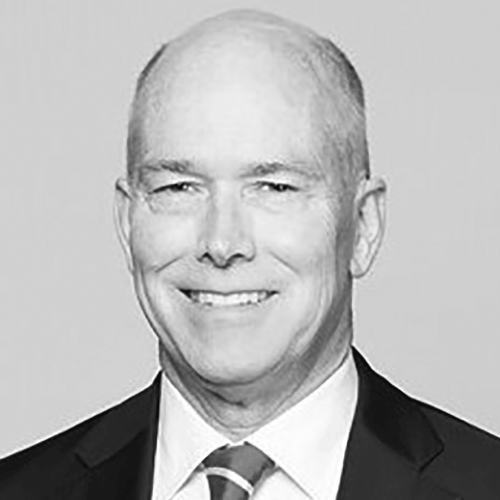
Dr. Robert K. Maloney
Ophthalmologist
Los Angeles-based ophthalmologist Dr. Robert K. Maloney grew up understanding the importance of a good eye doctor. He recalls his grandmother’s personal struggle with cataracts, an eye condition that the American Academy of Ophthalmology noted causes cloudiness, often happens with age, and is a leading cause of blindness worldwide.
A botched eye surgery in New York caused vision loss in the affected eye until Maloney’s grandfather brought her out to Los Angeles for an additional procedure with a different surgeon. “He cured her cataracts and saved her vision, and she had good vision for the rest of her life thanks to him,” Maloney said. “So, I saw the difference a great eye surgeon could make in someone’s life.”
Then, the time his medical school residency came around, he initially thought he’d end up practicing neurology — that is until he viewed a magnified eye.
“I was struck by how beautiful the eye is,” Maloney said. “I know that sounds kind of nerdy, and I guess it is, but that was completely gripping for me.”
Today, Maloney works to make a difference in countless lives by taking advantage of innovations in eye treatments to serve patients’ needs.
Love for LASIK
Maloney believes that LASIK eye surgery is one of the most impressive innovations in ophthalmology. “It was the invention of LASIK surgery that doctors finally came to realize that glasses and contacts are crutches to manage a disability, and I think that’s been an important realization for the industry.”
Canceling cataracts
Another outstanding advancement, according to Maloney, is the light-adjustable lens implant, which aims to increase the accuracy of patients’ new lenses after cataract surgery. “It’s impossible to accurately predict the exact lens you need to give a person perfect vision,” he said. “What’s happened with the light-adjustable lens is we can put a lens in the eye and then adjust it in the eye. By shining a light, it changes shape to correct vision to perfect or close to it.”
“This implant is going to be a radical change in the way we do cataract surgery because it’ll make cataracts surgery like LASIK surgery, where almost everybody gets 20/20 vision,” he added.
As Maloney has witnessed advancements with LASIK and the light-adjustable lens implant, the most rewarding part of his job is simple. Ultimately, it harkens back to his grandmother’s story. “When people come in the day after surgery, and they come into my office and say, ‘Oh my God, I can see!’” he said. “That never gets old.”

